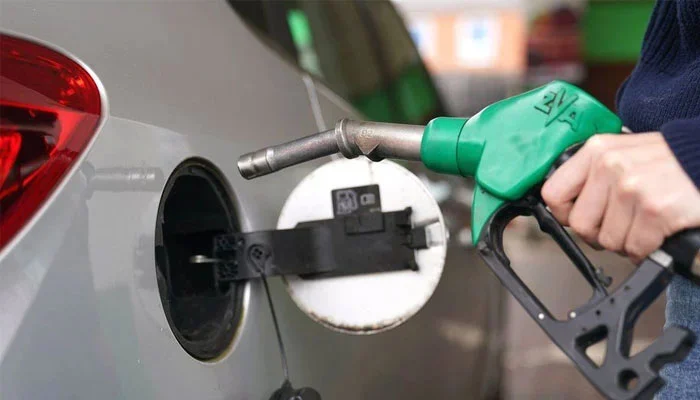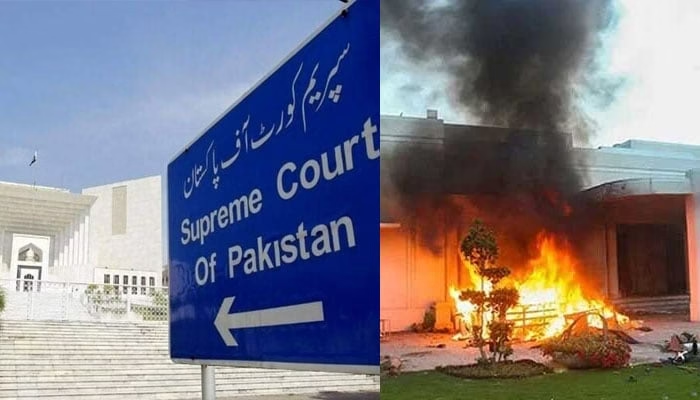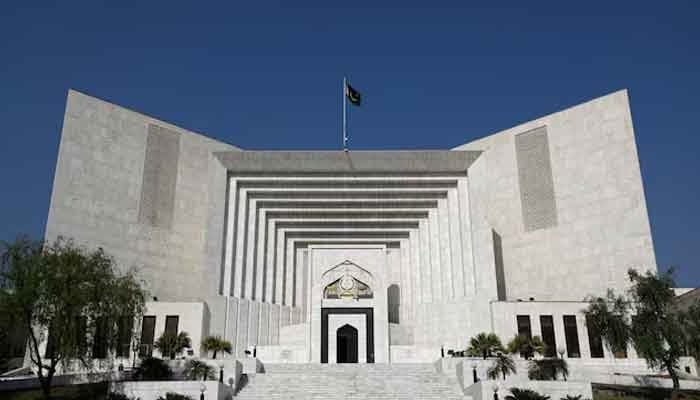The prices of petroleum products in Pakistan have experienced a significant surge, with petrol witnessing an increase of Rs. 14.91 and diesel rising by Rs. 18.44. The new prices for petrol and diesel are set at Rs. 305.36 and Rs. 311.84 respectively. This immediate implementation comes as the country witnesses a record-breaking level of petrol and diesel prices, surpassing the Rs. 300 mark for the first time in its history.
Furthermore, the price of sugar has also spiraled out of control, reaching a record level of Rs. 180 per kilogram in the retail market. Despite public protests and demonstrations, the government has yet to make a decision regarding relief in electricity bills.
In addition, the provincial government has met the condition set by the International Monetary Fund (IMF) regarding levies in the wake of the increase in petroleum products. Reportedly, the full levy on per liter petrol has been imposed, resulting in a levy of Rs. 60 per liter on petrol.
According to sources from the Ministry of Finance, a similar levy of Rs. 50 per liter has been imposed on diesel. However, there are concerns about raising the levy to Rs. 60 per liter on both fuels. The Ministry of Finance has clarified that while approval for raising the levy was present in the budget, any increase beyond Rs. 60 would necessitate approval from the Parliament.
The escalation in petroleum product prices has caused concern among the public and ignited debates about its economic implications. The government’s response, particularly in terms of addressing the hardships faced by the common citizens due to rising prices, remains a topic of discussion.
This situation highlights the delicate balance between economic stability, public welfare, and the government’s revenue generation efforts. As the nation navigates through these challenges, it remains to be seen how the authorities will address the concerns of the people and strike a balance between the financial demands and the citizens’ well-being.”



